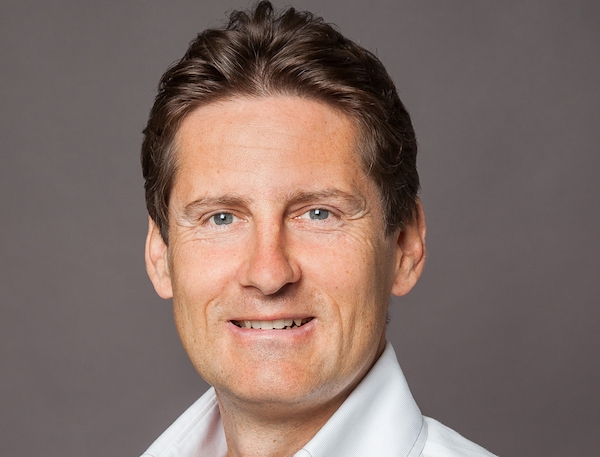The majority of traditional Financial Planning firms will deliver up to three quarters of their client meetings via live video in the next five to ten years.
That is the view of Chartered Financial Planner Jason Butler CFPTM, who believes physical face to face meetings will become the exception, not the norm.
Mr Butler, who founded Bloomsbury Wealth in 1998, has just invested in a technology consultancy that specialises in helping firms to deliver virtual face to face advice. Mr Butler has taken a stake Finsol Systems.
So, what convinced him to do so?
He told Financial Planning Today: “Since I sold my stake in Bloomsbury I have carried our extensive research, including overseas travel, into emerging trends in how they connect, communicate and interact. It became clear to me that live video based communication will become mainstream over the next five years, in a range of situations and services that are currently primarily delivered through physical face to face channels. I am particularly excited in the potential to merge digital communications with human financial advisers, to make personal advice more accessible, affordable and convenient.”
Asked how he saw this developing in the next five to ten years, he said: “I think that the majority of traditional financial planning and advice firms will deliver between 50-75% of their client meetings via live video, with physical face to face meeting the exception, not the norm.”
He believes more Financial Planners should consider using this kind of technology in their day to day work.
He said: “In a digitally connected world, current and future customers will increasingly demand different ways of communicating with their advisers, including high quality video. Client satisfaction with their adviser is directly linked to the degree to which they have meaningful, personal and relevant communication with their adviser.”
Could adopting a more virtual approach help planners in winning and retaining clients?
“Adopting virtual meeting technology has the potential to enable firms to increase satisfaction and referrals from existing clients, reach new clients in different sectors and lower costs and risks,” Mr Butler said.
“I think that most firms would be wise to carry out most, if not all, initial exploratory new client meetings via video technology, to demonstrate their uniquely human approach to advising clients. Even firms whose clients prefer face to face review meetings are likely to welcome additional contact via live video, than sterile emails, or unengaging telephone calls.”
He added: “Embracing live video to conduct advice meetings enables growth orientated financial advice firms to evolve their current unique offering – human advisers – to be delivered in the way that their clients increasingly wish to interact.”
His ambitions for Finsol in the next year to two years are become recognised as the ‘go to’ experts in the adoption and widespread use of video conference and screen sharing technology for delivering personal and corporate Financial Planning and advice services.

